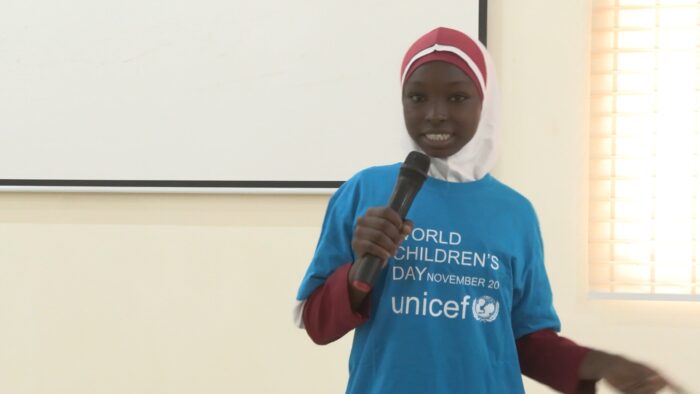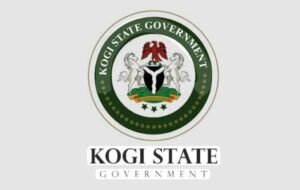Children in Jigawa State have called for stronger government action to improve education and welfare services, even as UNICEF warns that millions of Nigerian children still face severe health and learning challenges despite decades of progress.
Speaking at the 2025 World Children’s Day celebration, members of the Jigawa State Children’s Parliament urged authorities to provide subsidised school buses, ensure clean water in boarding schools, expand digital learning, and sustain school feeding programmes.
They also appealed for young people to be included in decisions affecting their education and safety.
The child representatives commended Governor Umar Namadi’s administration for what they described as visible improvements in child welfare.
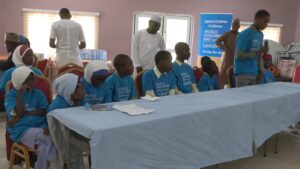
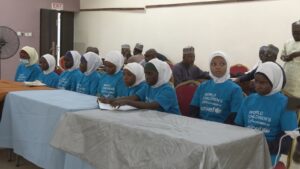
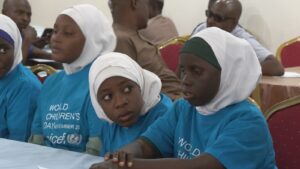
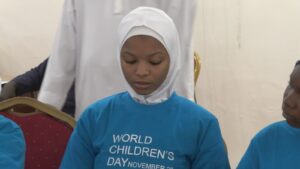
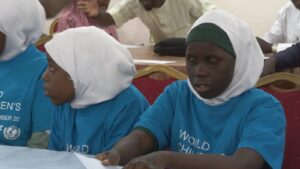
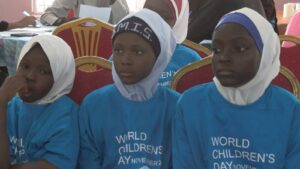
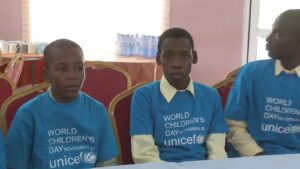
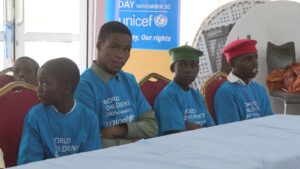
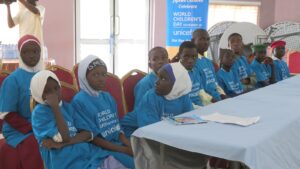
They cited the expansion of maternal and child health services, the success of the Masaki nutrition programme, the revitalisation of primary healthcare centres, and fresh investments in climate-resilient health facilities across the state.
UNICEF used the occasion to launch the Nigerian Child 2025 Report, covering Kano, Jigawa, Katsina and other states in the North.
The report highlights significant gains over the past 30 years, including a 43 per cent reduction in under-five mortality since 1990 and a rise in routine immunisation coverage among children aged 12 to 23 months from 13 per cent to 39 per cent.
Birth registration has also improved, giving more children access to essential services.
However, the report warns that major challenges persist. Nigeria has the highest number of malnourished children in Africa and the second highest globally.
In the North-West, two in five children are stunted, and one in nine dies before the age of five.
Rural children remain far less likely to receive routine vaccinations than those in urban areas.
Education indicators are equally troubling.
Kano, Katsina and Jigawa account for 16 per cent of Nigeria’s estimated 10.2 million out-of-school children. Kano alone has nearly 900,000 out of school, Katsina more than 300,000, and Jigawa over 330,000.
UNICEF said its partnerships with northern state governments have contributed to improvements in nutrition, immunisation and healthcare delivery.
It noted that Jigawa’s community-driven Masaki Initiative has become a national model for tackling child malnutrition.
Despite these successes, UNICEF stressed that urgent, coordinated and sustained action is required to ensure every Nigerian child can survive, learn and thrive.
The calls from Jigawa’s children, the organisation said, underscore the need for better transport, safe water, wider digital education, and stronger inclusion of young people in governance.

